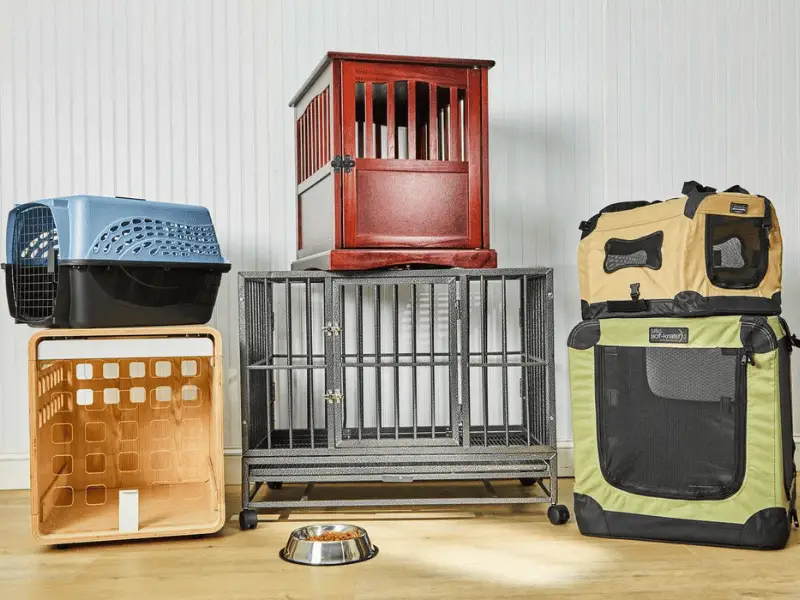You may have heard of ‘small dog syndrome’ or met some small sized dogs with the syndrome. small to medium dog breeds ; small to medium sized dogs ; small to medium size dogs
You may have heard of small dog syndrome or met some small sized dogs with the syndrome. If you have ever come face to face with a Chihuahua that is a more aggressive beast than a tiny dog, then you most likely have had an encounter.

According to Dr. Courtnye Jackson, the term small dog syndrome was coined as a result of dogs exhibiting certain behaviors such as not listening to their owners, pushing ahead through doorways, jumping on people, refusing to follow basic commands, and becoming territorial over food, toys, or people.
Many times, smaller dogs get away with the behavior because they are tiny, cute, and presumed harmless. While some people may consider it entertaining to see such a small dog act so tough, but if the behavior is left unchecked it can mean big issues for the pup and the owner.

Why Are Small Sized Dogs More Aggressive?
It is assumed that smaller dogs are more aggressive because they have a need to feel dominant. Small dogs tend to bark loudly and continuously, which can lead owners to assume that their dog is being aggressive towards other animals or people when in reality the dog is just bragging.
Small sized dogs don’t always understand what they are barking at and become overstimulated in certain situations. Smaller dogs are more prone to fear biting because they do not possess the same amount of brute strength as larger sized dogs.

What Causes Small Dog Syndrome in Small Sized Dogs?
Small sized dogs were not raised properly in the beginning which resulted in the behavior pattern of small dog breeds exhibiting small dog syndrome. If owners do not set boundaries for small breeds during puppyhood, these pups will learn extremely quickly that their size allows. Small dog syndrome tends to be attributed to life experiences rather than genetics alone.
So what can you do to fix Small Dog Syndrome?
Here are the top three things you can do according to Dr. Jackson:
- Treat all dogs like dogs. Be it small to medium size dogs or big dog breeds. If a 130 pound Mastiff can’t get away with snapping at their owner, jumping on the furniture, or protecting their toys neither should a 7-pound Yorkie.
- Enlist the help of a trainer if need be. Especially if the issue has been going on for years and your pup is used to ruling the roost.
- Start training early. The earlier you begin training the better. You can start training as early as 8 weeks.
Other tips for dealing with Small Sized Dogs with Small Dog Syndrome
- Spend time with your pooch. Small to medium sized dogs are often times left home alone where they destroy the house or spend most of their time barking at every little noise.
- Give them special attention and love when they behave well, so that you can reward them for good behavior. Small dogs thrive on praise just like larger breeds do.
- Enroll in an obedience class with them to help your pup socialize with other people and animals. This will help improve your small dog‘s confidence level as well as yours! Small dogs are just as smart as any others but need to be trained with consistency and patience! Small dog syndrome can be beat by treating all pets like pets regardless of the size!
Early training is the key to making sure your small dog will not have small dog syndrome. So make sure to train your pet right from the start! Small to medium sized dogs are just as loving and loyal as their large counterparts. Small Dog Syndrome will roam away over time, so long as you commit to training your pup with patience and consistency!
Contributor | Dr. Courtnye Jackson
Dr. Courtnye Jackson is a veterinarian and has practiced since 2003. She has three fur babies and owns a blog for pet parents that have dogs with sensitive stomachs.
ALSO READ:


